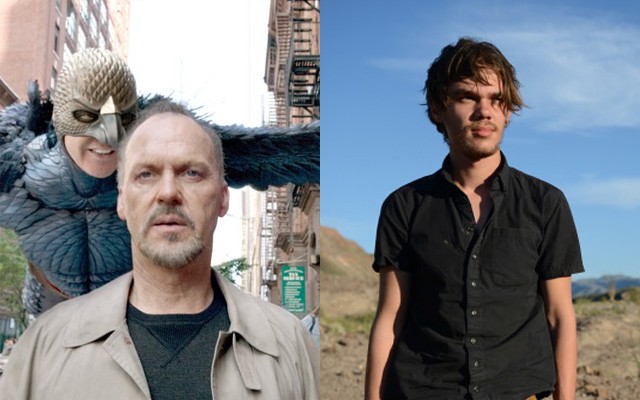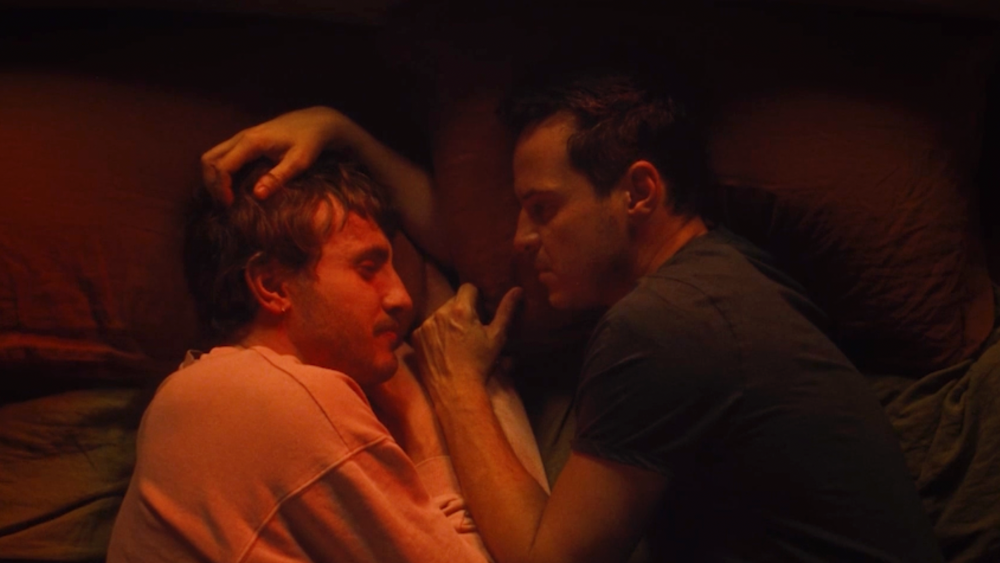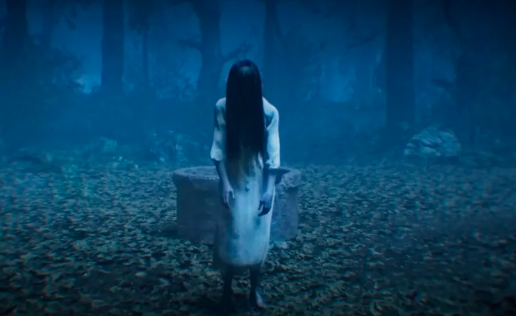Books & Culture
Birdman vs. Boyhood: The Oscar Debate’s Classic Aesthetic Divide

John Gardner: “The difference is that my 707 will fly and his is too encrusted with gold to get off the ground.”
William H. Gass: “There is always that danger. But what I really want is to have it sit there solid as a rock and have everybody think it is flying.”
– 1978 debate on the nature of fiction
Richard Linklater
In the lead up to last night’s Oscars, critics have been waging a fierce debate about whether Alejandro González Iñárritu’s Birdman or Richard Linklater’s Boyhood — the presumed front-runners — deserved the Best Picture award. Ultimately, Birdman walked away with the trophy, inspiring some bitter “hot takes.” At Slate, Dan Kois even called it an “epochal travesty” and the Academy’s “worst mistake in 20 years.”
I’m skeptical that Boyhood will be remembered — as Kois suggests — as an epochal masterpiece on par with Casablanca, Citizen Kane, or Pulp Fiction. Think-piece hyperbole aside, critics are divided and my twitter stream has been filled with critics and writers calling one film or the other overrated garbage. Most either loved Boyhood and thought Birdman was “pretentious,” “self-indulgent,” and “showy,” or else loved Birdman and thought Boyhood was “boring,” and “pointless.” Here’re some examples:
Where's Kanye when you need him? #Oscars2015
Part of why Boyhood should have won is that the people who love it, love it much, much more than the people who love Birdman.
Boyhood was film history, yes. But Birdman was the movie I'd rather take to a desert island and watch on repeat. #Oscar2015
Sorry, "Boyhood" was a great concept, but a mediocre film. "Birdman," a masterpiece. http://www.slate.com/blogs/browbeat/2015/02/23/oscars_best_picture_winner_birdman_boyhood_snub_is_the_academy_s_worst_mistake.html .... #Oscar2015
diff between boyhood and birdman: both formally adventurous+ groundbreaking. boyhood's form indivisible from its story; birdmans showoffy
and my own snark:
I think Birdman and Boyhood were equally good / flawed, but Birdman made me want to go make art. Boyhood made me want to go nap.
Indeed, these two films might be quintessential representations of a classic debate: should art be dazzling and inventive or should it be stripped-down, simple, and honest? Should the artist be in-your-face with her talent, or should she recede into the background of the work? Should she be a magician or a workman?
Of course, this binary is reductive and plenty of artists move between modes or else try to be a workman and a magician, both dazzling and straight-forward. However, the two schools have their own champions and long histories. In fiction you can trace the debate from William Faulkner and Ernest Heminway (Faulker: “He has never been known to use a word that might send a reader to the dictionary.” Hemingway: “Poor Faulkner. Does he really think big emotions come from big words?”) through John Gardner and William H. Gass in the 70s, to the Jonathan Franzen / Ben Marcus feud in the early aughts. Frequently in fiction the disagreement is framed as the “realists” vs. some rival school (“surrealism” “experimentalists,” “postmodernists” etc.) The “magician” school changes in part because that school’s credo is “make it new”; the aim is to push boundaries and flex one’s artistic muscles with ambitious conceits and ferocious style. For the realist school, the ethos is staying “true to life,” and the goal is to move the reader with honesty and truth. Flashy voice, style, or structure merely “gets in the way” of the “simple, honest story.”
This, I think, is the root of the apparently bitter divide over two good-but-not-great feature films. Birdman and Boyhood actually have very similar strengths and weaknesses. Both were technically interesting: Birdman was filmed to look like one long tracking shot, and Boyhood was filmed over 12 years; and both had strong performances: Keaton, Norton, and Stone in Birdman, Arquette and Hawke in Boyhood. On the other hand, both were overly relient on their conceit — or, if you wish, gimmick — and tended towards lazy writing and hokey dialogue. (The two films also depict the life of a white, American male with artistic leanings in a year when no actors of color were nominated, and men were overwhelmingly nominated over women in the categories in which both were eligible, but that’s a topic for another essay.)
However, both films’ failures are particular to their respective school. The “magician” school of writing risks pointlessness, while the risk of the “workman” school of writing risks being boring. Plenty of “magician” writers do come up with technical conceits that seem to serve no purpose. Cool, your chapters expand in length according to the Fibonacci sequence and your characters each embody a different animal from the Zodiac… but why? On the other hand, plenty of “workman” realists present the reader with nothing other than the banalities of daily life, fiction as diary entry.
I’ve always appreciated that the magician school is open about the fact that they are creating fiction. As The New Republic’s Tom Carson put it, “If the ‘just life’ school of moviemaking — which has its equivalents in literature and theater, needless to say, though not ballet or opera — has a built-in vanity, it’s the belief that its devices aren’t just aesthetically but morally superior, and indeed aren’t devices at all. That usually makes me snort…” Carson’s attitude is reflected in the Gardner and Gass quotes above. Gardner likes to pretend that his fiction can soar like a plane, but Gass is open about the fact that his plane isn’t a plane… it is only designed, through words on the page, to look like one. One could argue that the pretense that the artifice of simple realism isn’t really artifice often leads the “workman” camp to fall head over heals for work that is as gimmicky as anything the magician camp conjures. Certainly Boyhood’s power rests largely on the trick of being filmed over 12 years.
Personally, I always come down on the side of the magicians. My favorite writers are the Italo Calvinos, Kobo Abes, Ursula K. Le Guins, and Vladimir Nabokovs; writers who will try something new each time and risk ridiculousness in the pursuit of staying alive and interesting. Even when these artists fail, they tend to fail in at least extraordinary, even inspiring ways. Donald Barthelme is one the most inspiring writers for me, yet I frequently find his stories fail, for me at least. But even when they fail, he’s attempting, at every sentence, to do something interesting and there are always some aspects of each piece that will send me to my writing desk. Even in failure, he gives me ideas.
However, I can recognize that as my own aesthetic biases. Other writers I know and admire will find nothing but showy nonsense in magician failures, yet find moments of beauty and emotional truth in even the most boring work of, say, Raymond Carver. And really, as an artist, that’s what matters: finding the art that makes you want to make more art.









